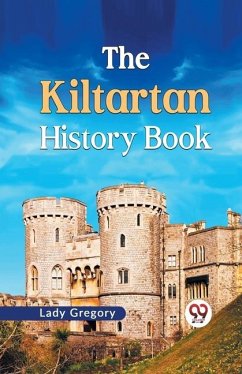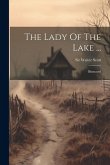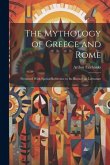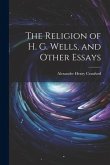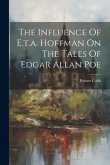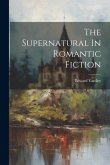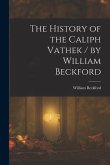"The Kiltartan History Book" was written as a historical masterpiece by Lady Gregory, an Irish playwright, folklorist, and literary icon. With an eye-catching new cover and a beautifully typeset copy, this version of THE KILTARTAN HISTORY BOOK is both modern and legible. The story is full of unexpected twists and turns that will keep the reader engaged. Some narratives are violent and strange, whereas others creep up on you and slowly bother you in. Readers are compelled to keep reading because the title character is so self-indulgent. Lady Gregory's work, noted for its painstaking research and enthralling storytelling, contributes significantly to Irish history and literature. The literary work sheds light on many aspects of Kiltartan's past, including its cultural legacy, social traditions, and historical events. Lady Gregory weaves a lovely tapestry of the region's past using her deep knowledge of Irish folklore and oral traditions.
Hinweis: Dieser Artikel kann nur an eine deutsche Lieferadresse ausgeliefert werden.
Hinweis: Dieser Artikel kann nur an eine deutsche Lieferadresse ausgeliefert werden.

